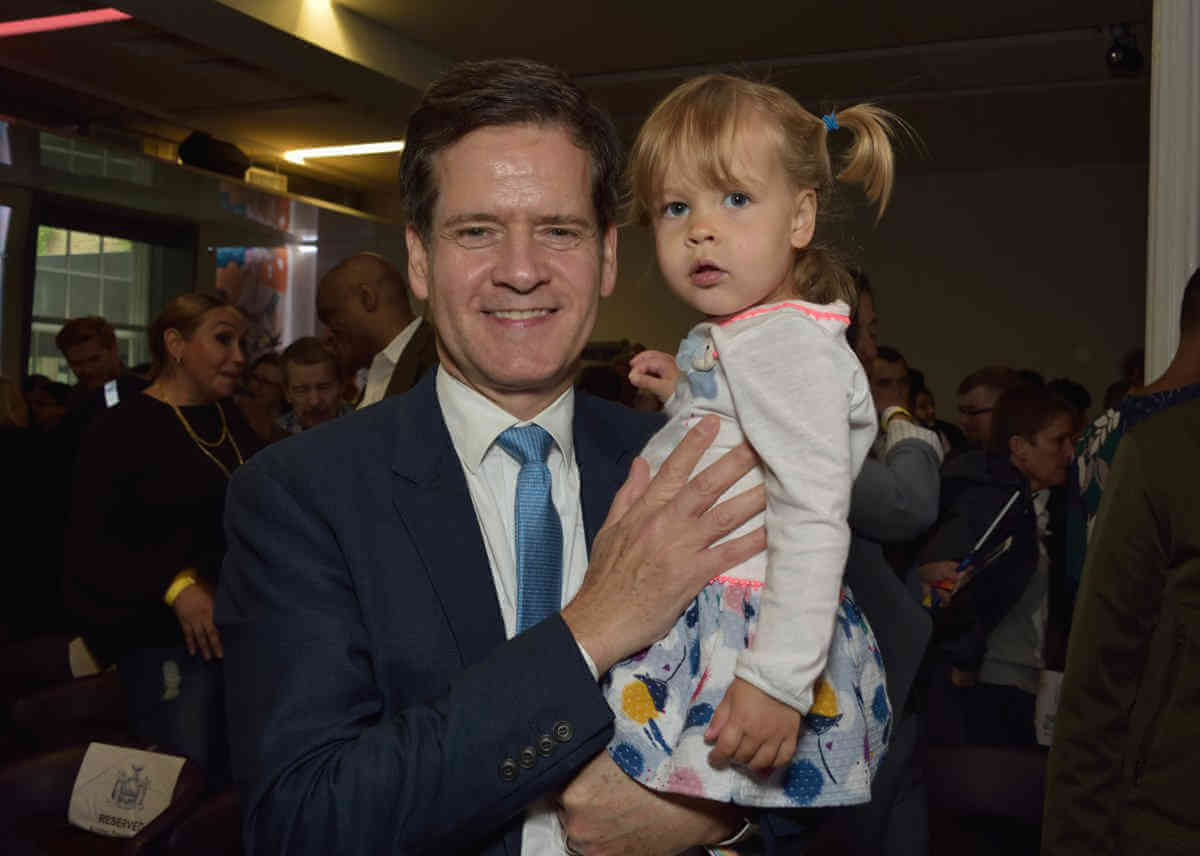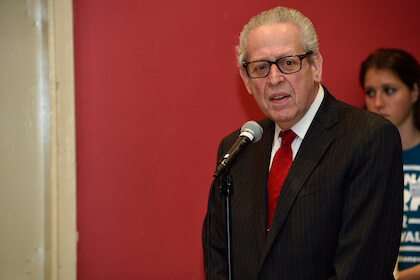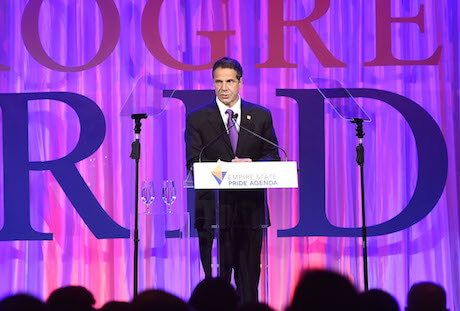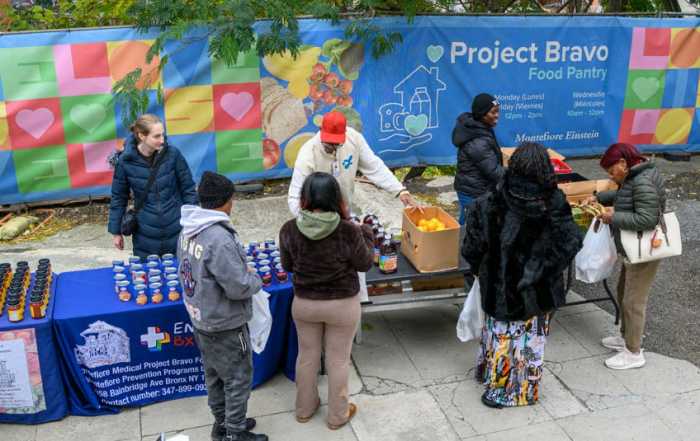The contested effort to legalize compensated gestational surrogacy in New York State is underway again after the legislative push faltered last year in the face of criticism from a wide range of voices, including out lesbian Assemblymember Deborah Glick of Manhattan.
Governor Andrew Cuomo, who was among the chief backers of the bill last year, has included gestational surrogacy on his State of the State agenda for 2020 — which he will lay out in a January 8 address — signaling his steadfast intentions to prioritize the legislation this year.
The lawmakers who carried the bill last year, out gay State Senator Brad Hoylman of Manhattan and Assemblymember Amy Paulin of Westchester, are also moving ahead with plans to revive the legislation this year.
New York is one of the few remaining states with an outright ban on paid gestational surrogacy, which entails a prospective parent or parents compensating a person to carry a baby who is not biologically related to the carrier. Hoylman, who led the bill to passage in the Senate last year, has two children through gestational surrogacy with his husband, David Sigal.
Hoylman and other lawmakers have touted the legislation’s bill of rights that they say boasts the strongest protections in the nation for surrogates and requires parents to cover all medical and legal fees for them. The bill would also address the “second parent adoption” process by removing remaining barriers couples could face to the non-biological parent’s rights regarding their child.
Despite clearing the Senate in 2019, the legislation encountered resistance in the Assembly, where Glick blew off her previous commitment to support it and instead was among the critics arguing that women carrying the babies could be exploited and that the expensive surrogacy process is essentially available only to wealthy prospective parents who can fork over tens of thousands of dollars to have children that way.
The legislative effort was ambushed on multiple fronts. Opponents included voices as disparate as longtime feminist leader Gloria Steinem, the Catholic Church, and trans-exclusionary radical feminists (TERFs), a group of transphobes who have emerged primarily from the United Kingdom aggressively opposing transgender rights, surrogacy rights, and sex work decriminalization. The transphobes hijacked a City Hall rally opposing sex work decriminalization last year, holding up a sign that read, “NO to the sex trade, surrogacy, and transgenderism.”
In the final days of the 2019 legislative session late last spring, Paulin told Gay City News she was still trying to whip votes for the bill in a last-ditch effort that proved unsuccessful. On June 20, after the bill had died for the session, Assembly Speaker Carl Heastie said, “Many members, including a large majority of women in our conference, have raised important concerns that must be properly addressed before we can move forward.” He stressed the importance of prioritizing the “health and welfare” of women and said he looked forward to “continuing this conversation in the coming months.”
How exactly lawmakers plan to address those concerns is not clear this early in the year, but Paulin and Hoylman told Gay City News on January 2 that they are continuing to work with advocates and legislators to bolster the bill. Paulin, noting an example, pointed to the rigorous medication and hormone treatment that the women who are egg donors in the surrogacy process must adhere to. She said she is in touch with experts to navigate the best path forward in addressing those concerns.
Still, while Hoylman and Paulin said they are willing to consider amendments, they both remain adamant about the measure’s core structure.
“We are aware of some of the concerns that were raised,” said Paulin. “But some of the concerns can never be addressed.”
She cited Steinem’s staunch opposition to surrogacy, saying that she views her as a “feminist icon” but does not expect to see eye-to-eye with her on this issue.
“They don’t want to see women use their body for this purpose,” Paulin said. “That’s a fundamental disagreement we’re going to have.”
Hoylman, meanwhile, said he believes his bill that passed the Senate remains the best path forward and that it is even more important to swiftly legalize gestational surrogacy in light of President Donald Trump’s attacks on same-sex parents and their children.
That doesn’t necessarily mean the bill will be exactly the same this time around, however.
“There may be some changes,” Hoylman conceded. “The basic concept is the bill that passed the Senate, and we are continuing to have discussions about further amendments to the bill. The governor’s proposal is in line with what we passed in the Senate. I’m eager to hear from colleagues.”
Paulin said has “a great deal of confidence we are going to get this done this year.”
Glick, who did not respond to Gay City News’ inquiries about this bill last year, again did not return a request for comment for this story.

















